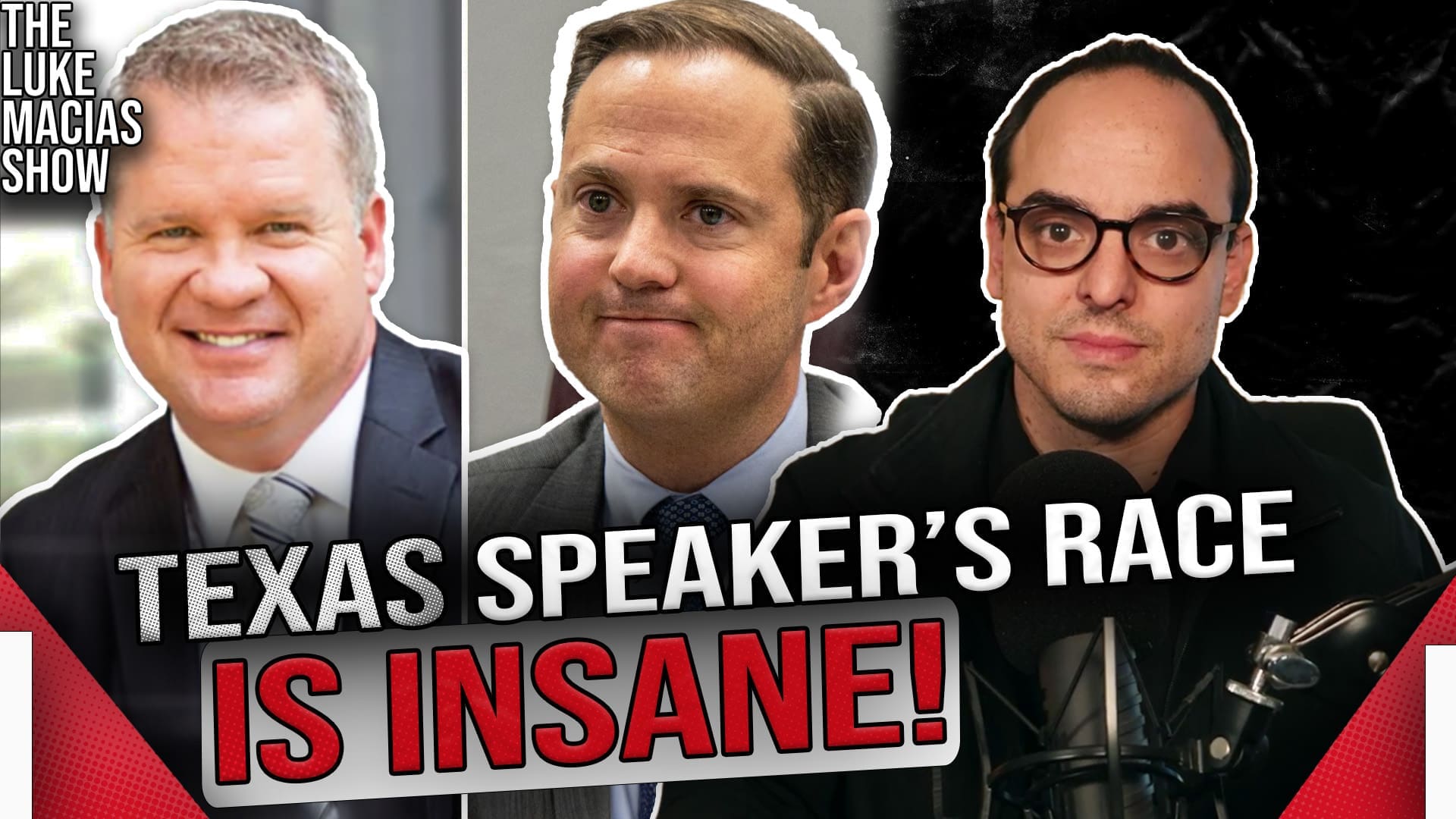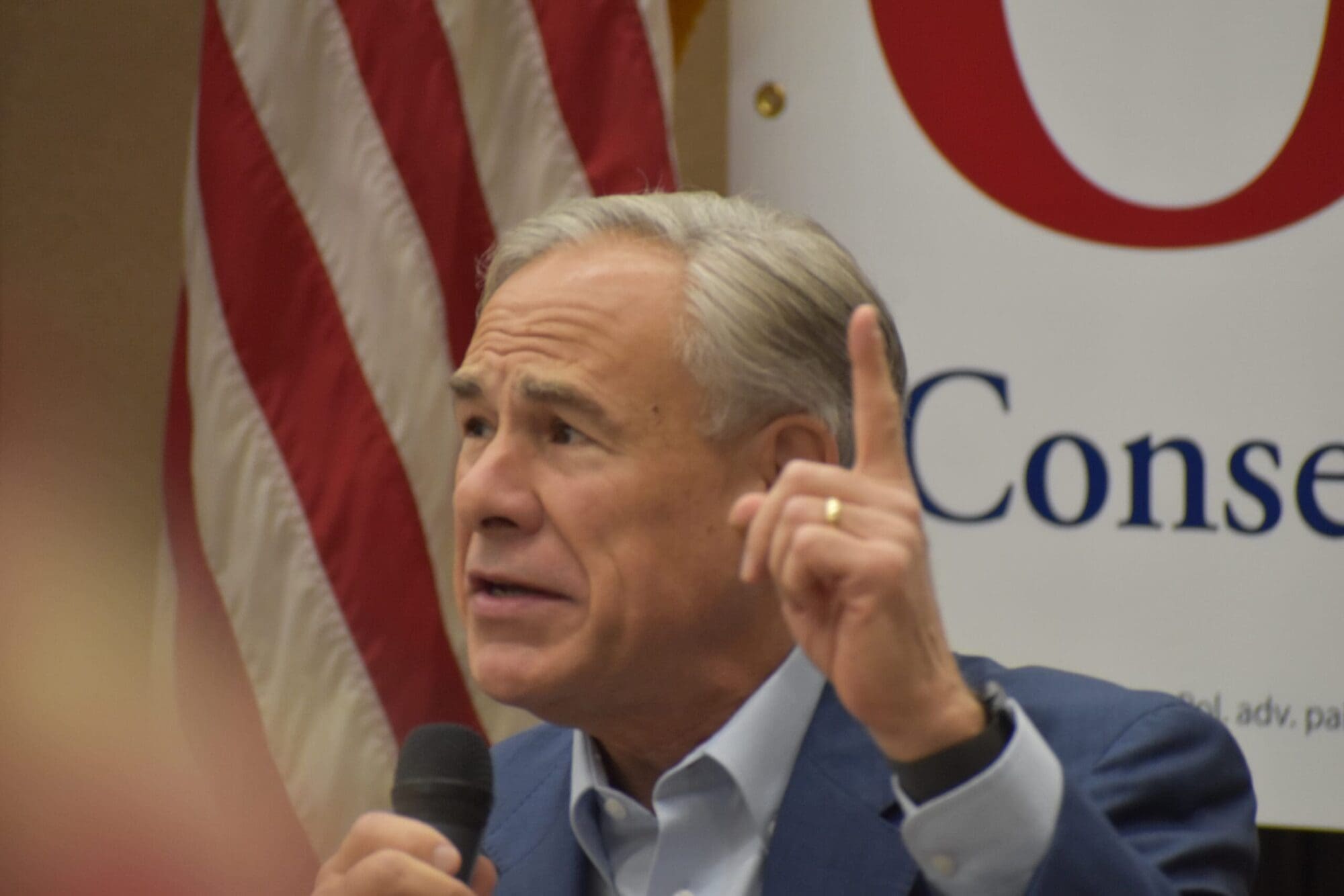The right and the left on American college campuses are talking past each other. This issue showed up again in a recent Daily Texan article that presents varying perspectives on the activities Young Conservatives of Texas conduct on UT’s campus. The article does a good job conveying the concerns on both sides, but it doesn’t address the fact that conservatives and liberals on campus are essentially speaking different languages.
As a recent graduate of UT and state board member of YCT, I’ve lived the conservative perspective. We believe universities are where students go to learn new ideas, debate those ideas, and search for the truth. State universities, especially, are the public square where politics, philosophy, and theology should be up for debate.
No idea is too sacred to question, and objections should be healthy and robust. This way, students discover truth through trial and error and sharpen their analytical skills in the process. Most importantly, debate allows students to determine more than what is right or wrong; it teaches them how to determine why.
This view is not shared by the reigning, liberal majority on UT’s campus, and the students are worse off for it. In their view, university students are fragile and incapable of confronting any opinion that might hurt their delicate sensibilities. This fear and hatred of anything beyond leftist orthodoxy creates an environment where students are fed one-sided arguments and taught that being offended is a virtue. The result? They can’t handle debate because they never learned how to engage in it.
Here’s where the miscommunication lies: what is the purpose of a university? Conservatives recognize the university as a cornerstone of discussion in a healthy society while many on the left, to the detriment of students, see the university as a place to enforce ideological orthodoxy.
The aforementioned Daily Texan article includes a quotation from UT’s former VP of Diversity and Community Engagement, Gregory Vincent. According to Mr. Vincent, “In seeking an audience for their ideas, the YCT resorted to exercising one of the University’s core values to the detriment of others.”
So what are UT’s “core values?” According to their official mission and values page, the core values are:
Learning — A caring community, all of us students, helping one another grow.
Discovery — Expanding knowledge and human understanding.
Freedom — To seek the truth and express it.
Leadership — The will to excel with integrity and the spirit that nothing is impossible.
Individual Opportunity — Many options, diverse people and ideas, one university.
Responsibility — To serve as a catalyst for positive change in Texas and beyond.
Let’s assume that Mr. Vincent is referring to “freedom” as the value YCT is exercising. What other value is being damaged as a consequence?
By presenting conservative views on campus, YCT is offering students the opportunity to learn a different perspective and inviting debate that allows all students — including themselves — to grow. Their invitation to debate incorporates the values of discovery, leadership, and individual opportunity (which calls to “diverse people and ideas”).
What about responsibility? Isn’t YCT a provocative group? Are they creating “positive change”? It depends on who you ask. If you ask a liberal, they simply want to “own the libs” and “trigger” people. If you talk to a conservative, they’re engaging in the purpose of a university, which is necessarily provocative. Debate invites disagreement and controversy.
It’s no secret that in recent years conservative views are automatically controversial on college campuses. Even an event as simple as “Constitution Day” was met with students calling us names and ripping up copies of pocket Constitutions. Because of the ideological orthodoxy and fragility of the modern college student, anything YCT does is provocative and offensive.
Seeking truth is no easy task, and no one said it should be. It’s not for the faint of heart. Those who choose to participate should prepare to be offended and to inevitably offend others.
Students will engage in discussions about issues that are deeply personal; there’s no way around it. They will confront things that challenge what their parents, teachers, and preachers told them.
Most importantly, students will be wrong sometimes. I know that I was on more than one occasion. They will say stupid things and make mistakes. More than that, they’ll learn from other students who can show them why they’re wrong. They will grow.
So, you decide. Is YCT a group of provocateurs hell-bent on making their classmates hate them, or are they a group of young patriots working to restore the university to what it was meant to be: an institution devoted to the search for truth?
This is an outside commentary submitted and published with the author’s permission. If you wish to submit a commentary to Texas Scorecard, please submit your article to submission@empowertexans.com.





